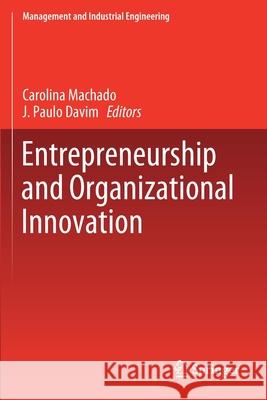Entrepreneurship and Organizational Innovation » książka
topmenu
Entrepreneurship and Organizational Innovation
ISBN-13: 9783030192914 / Angielski / Miękka / 2020 / 115 str.
Entrepreneurship and Organizational Innovation
ISBN-13: 9783030192914 / Angielski / Miękka / 2020 / 115 str.
cena 644,07
(netto: 613,40 VAT: 5%)
Najniższa cena z 30 dni: 616,85
(netto: 613,40 VAT: 5%)
Najniższa cena z 30 dni: 616,85
Termin realizacji zamówienia:
ok. 16-18 dni roboczych.
ok. 16-18 dni roboczych.
Darmowa dostawa!
Kategorie:
Kategorie BISAC:
Wydawca:
Springer
Język:
Angielski
ISBN-13:
9783030192914
Rok wydania:
2020
Wydanie:
2020
Ilość stron:
115
Waga:
0.19 kg
Wymiary:
23.39 x 15.6 x 0.69
Oprawa:
Miękka
Wolumenów:
01
Dodatkowe informacje:
Wydanie ilustrowane











